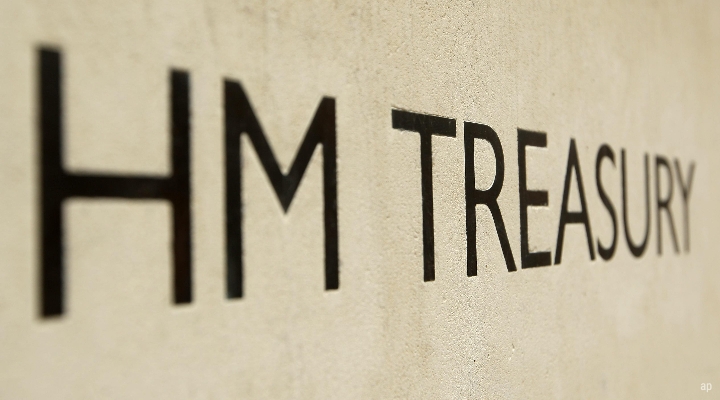
UK state pension will rise again in April after figures from the Office for National Statistics (ONS) showed higher-than-expected wage growth.
The state pension is subject to a so-called “triple lock”, which raises payments annually by the higher of wages, inflation, or 2.5%.
In the three months to July, annual growth in average total pay, including bonuses, accelerated to 8.5%, the ONS said. July’s figures were higher than FXStreet-cited consensus, which anticipated an unchanged reading of 8.2%. This total growth rate is affected by the NHS and civil service one-off payments made in June and July, the ONS said.
The figures mean state pension payments for those in receipt of the “basic” state pension will increase by £691.60, giving an annual total of £8,814. People who reached state pension age after April 2016 – who are now in receipt of the newer “flat-rate” state pension – will get £17.35 a week more, an annual increase of £902.20. Their total could be as high as £11,502, the BBC reports, the highest payment on record.
In recent years politicians have been under increasing pressure to justify the money spent on state pension payments. Ahead of the election next year, Rishi Sunak has reportedly been wavering over his Party’s commitment to the policy, which is said to attract voters of a certain age to the blue team at the ballot box.
But the policy is also astronomically expensive. According to insurer Canada Life, every 1% increase in the state pension requires a further £900 million of central government funding.
Around 12.6 million UK pensioners claim it, of which 653,444 are aged over 90. And around 1.1 million people claim the state pension from their homes abroad.
The author or authors do not own shares in any securities mentioned in this article. Find out about Morningstar's editorial policies.
























